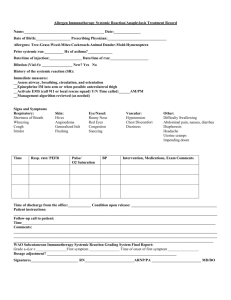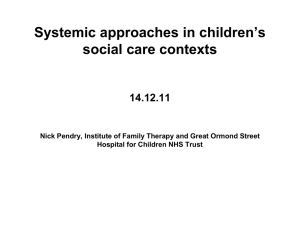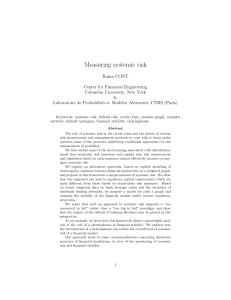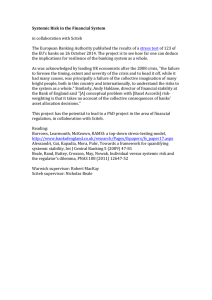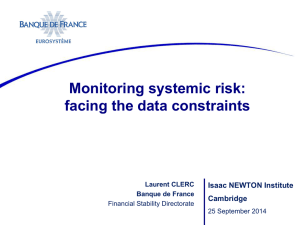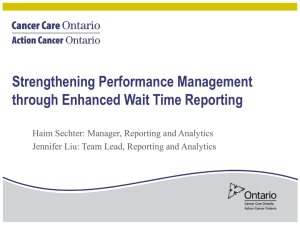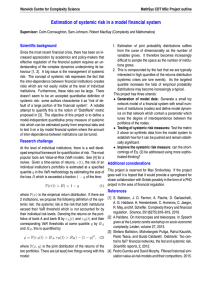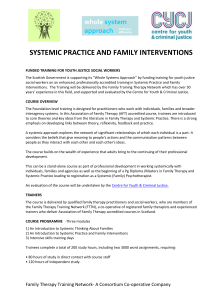Document 13877170
advertisement
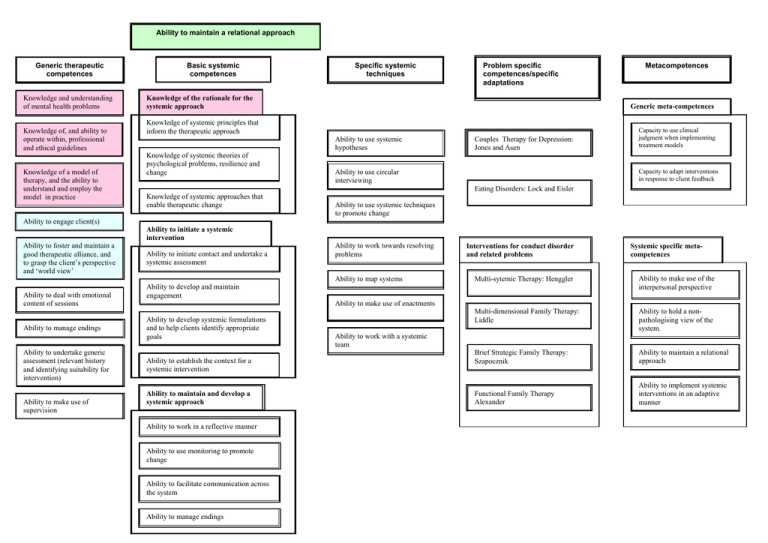
Ability to maintain a relational approach Generic therapeutic competences Knowledge and understanding of mental health problems Knowledge of, and ability to operate within, professional and ethical guidelines Knowledge of a model of therapy, and the ability to understand and employ the model in practice Basic systemic competences Specific systemic techniques Problem specific competences/specific adaptations Knowledge of the rationale for the systemic approach Generic meta-competences Knowledge of systemic principles that inform the therapeutic approach Ability to use systemic hypotheses Knowledge of systemic theories of psychological problems, resilience and change Metacompetences Couples Therapy for Depression: Jones and Asen Capacity to use clinical judgment when implementing treatment models Capacity to adapt interventions in response to client feedback Ability to use circular interviewing Eating Disorders: Lock and Eisler Knowledge of systemic approaches that enable therapeutic change Ability to use systemic techniques to promote change Ability to engage client(s) Ability to initiate a systemic intervention Ability to foster and maintain a good therapeutic alliance, and to grasp the client’s perspective and ‘world view’ Ability to initiate contact and undertake a systemic assessment Ability to work towards resolving problems Ability to map systems Ability to deal with emotional content of sessions Ability to manage endings Ability to undertake generic assessment (relevant history and identifying suitability for intervention) Ability to make use of supervision Interventions for conduct disorder and related problems Systemic specific metacompetences Multi-sytemic Therapy: Henggler Ability to make use of the interpersonal perspective Multi-dimensional Family Therapy: Liddle Ability to hold a nonpathologising view of the system. Brief Strategic Family Therapy: Szapocznik Ability to maintain a relational approach Functional Family Therapy Alexander Ability to implement systemic interventions in an adaptive manner Ability to develop and maintain engagement Ability to make use of enactments Ability to develop systemic formulations and to help clients identify appropriate goals Ability to establish the context for a systemic intervention Ability to maintain and develop a systemic approach Ability to work in a reflective manner Ability to use monitoring to promote change Ability to facilitate communication across the system Ability to manage endings Ability to work with a systemic team
